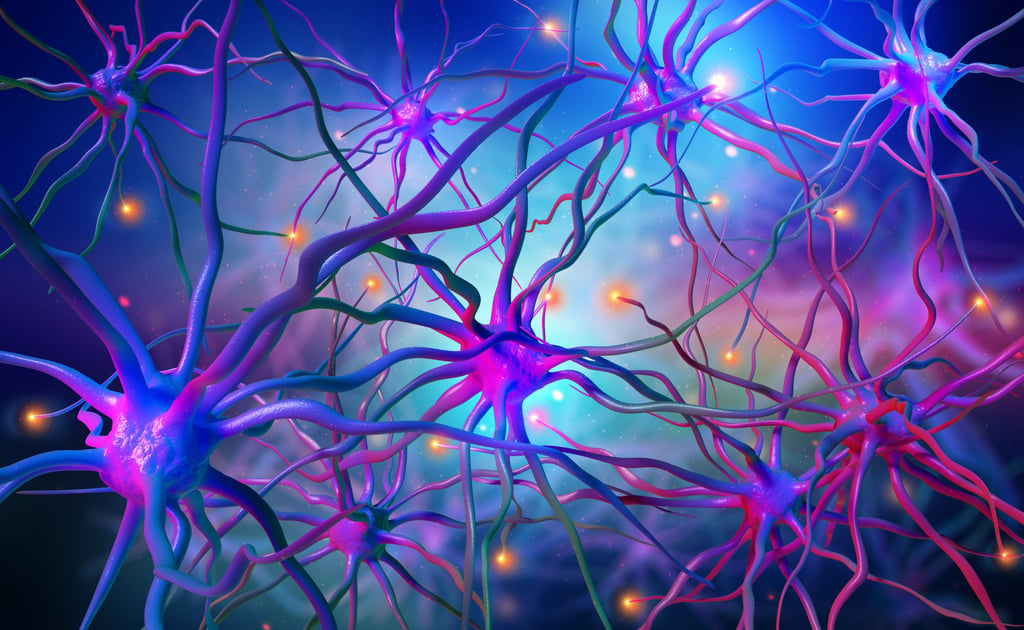Can HRT reduce dementia risk? New hormone replacement therapy studies say yes, upending 2002 reports
- Two reports from 2002 that suggested having hormone replacement therapy after menopause increased the risk of dementia may have been recently disproved
- Recent studies have shown a link between HRT use and better cognition, blood flow and brain size, and a reduction in all neurodegenerative disease

Does hormone replacement therapy (HRT) affect brain health negatively, as was suggested in Women’s Health Initiative (WHI) reports published 20 years ago? Or is it actually neuroprotective – as the latest studies suggest?
One of the findings of the 2002 WHI reports was that the use of oestrogen and progesterone in hormone therapy after menopause increased the risk of dementia. Three recent studies, though, suggest HRT could protect against it.

Present in roughly 25 per cent of women in the UK, the gene is a risk factor for Alzheimer’s later in life, says study co-author Professor Craig Ritchie of the University of Edinburgh. But in earlier and midlife it could be good for brain health – improving blood flow and connection between nerve cells.
